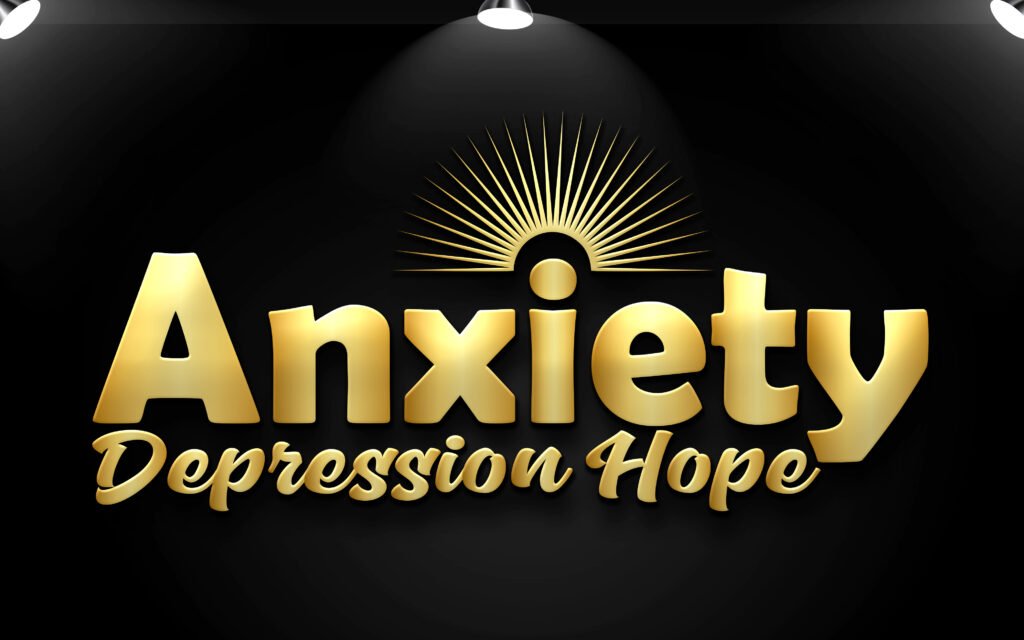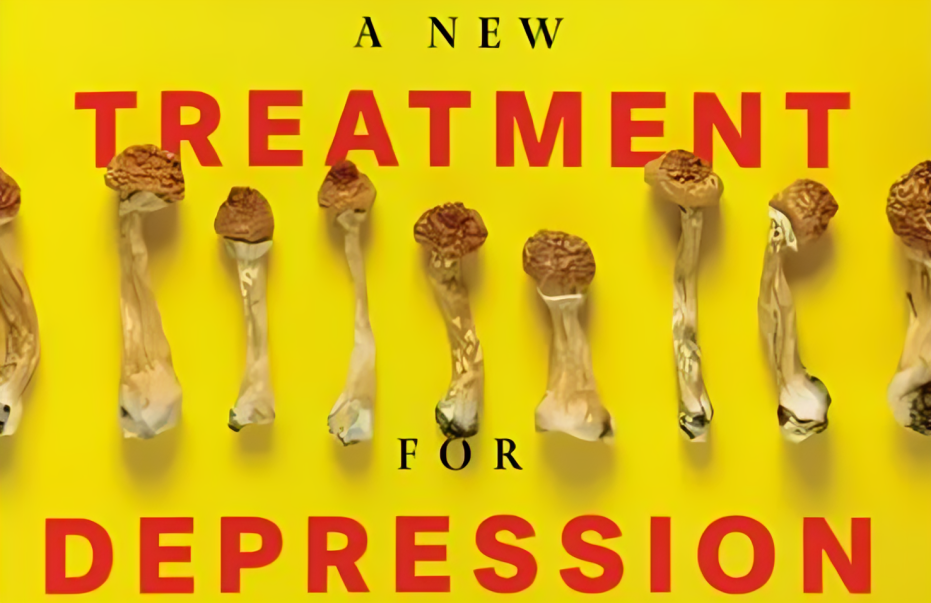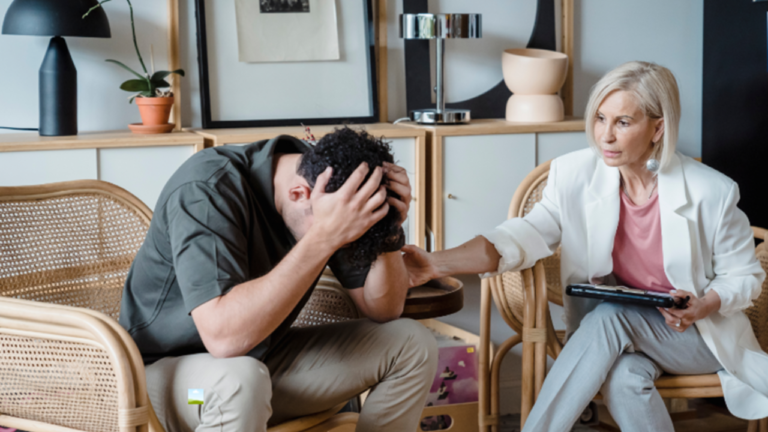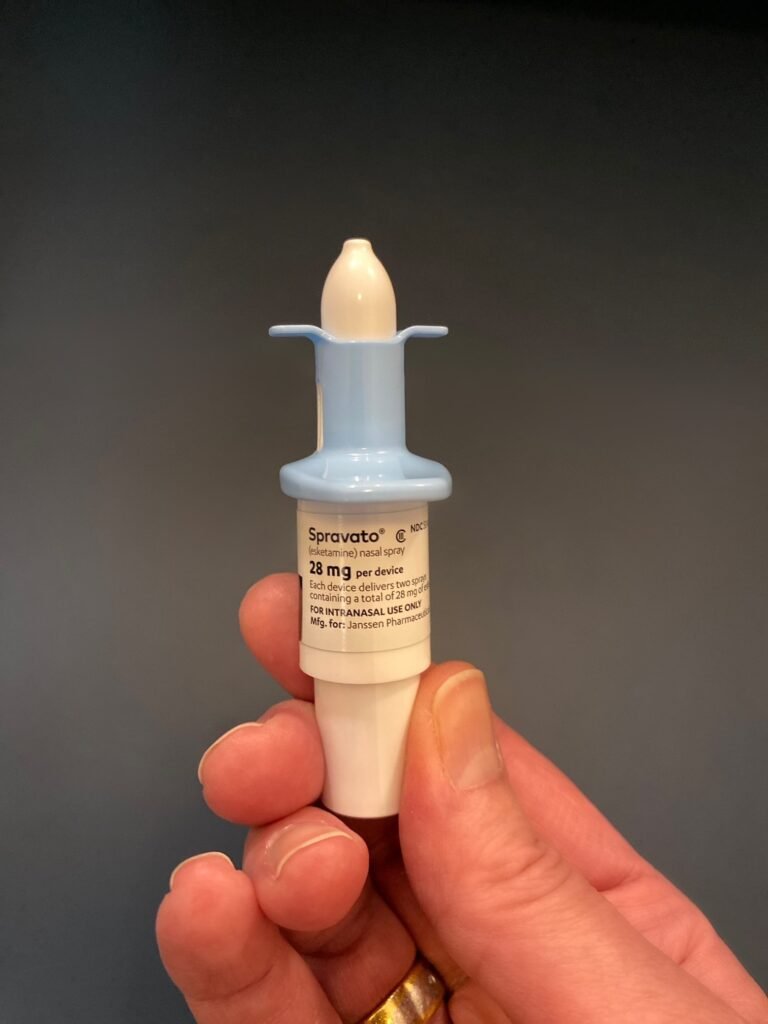Psilocybin Therapy: A New Hope for Treating Depression and Anxiety
Introduction
When it comes to addressing mental health conditions like depression and anxiety, traditional treatments don’t always offer the relief people seek. But in recent years, an unexpected source of hope has emerged: psilocybin, a naturally occurring psychedelic compound found in certain mushrooms. Scientists and mental health professionals have been studying psilocybin and its therapeutic potential for conditions like depression, anxiety, and even PTSD.
Let’s dive deeper into what psilocybin therapy is, how it works, and why it’s gaining attention as a breakthrough approach to mental health care.
What Is Psilocybin?
Psilocybin is a psychoactive compound found in several species of mushrooms, often referred to as magic mushrooms. When ingested, psilocybin is converted by the body into psilocin, a chemical that interacts with the brain’s serotonin receptors, particularly the 5-HT2A receptor. This interaction leads to alterations in mood, perception, and cognition.
For centuries, these mushrooms have been used in traditional ceremonies and rituals by indigenous cultures in parts of Central and South America. However, it’s only in recent decades that modern science has begun to understand and appreciate their therapeutic potential.
How Does Psilocybin Therapy Work?
Psilocybin therapy isn’t just about taking a mushroom and having a psychedelic experience. It involves a carefully structured and therapeutically guided process designed to provide healing and new perspectives on mental health challenges. Here’s a breakdown of how it typically works:
- The Setup: A Safe and Controlled Environment
The first essential step in psilocybin therapy is establishing a safe and controlled environment. This typically means undergoing therapy in a clinical setting or a specialized retreat where mental health professionals are present. Creating a supportive environment ensures that patients feel comfortable and safe while exploring their emotions and thoughts.
- The Psychedelic Session
During a psilocybin therapy session, a moderate to high dose of psilocybin is administered under the supervision of trained therapists. The session often lasts 4-6 hours, during which the patient is encouraged to relax and allow their mind to explore. Often, music and sensory aids like eye masks are provided to help patients turn inward and focus on their emotions and thoughts.
The goal is to allow patients to enter a non-ordinary state of consciousness, where they can gain new insights and access deeper emotions. Many people describe experiencing vivid imagery, profound connections, and a sense of unity or interconnectedness.
- Integration and Reflection
After the psychedelic experience, the most crucial part of psilocybin therapy begins: integration. This involves working with therapists to process the experience and apply the insights gained to everyday life. Integration sessions help patients make sense of what they saw and felt during their trip, so they can use those experiences to move forward in their mental health journey.
Psilocybin’s Impact on the Brain
One of the key reasons psilocybin therapy is so promising is its impact on neuroplasticity—the brain’s ability to reorganize and form new connections. Traditional antidepressants work primarily by boosting serotonin levels, which can take weeks to show effects. Psilocybin, on the other hand, promotes changes in the brain’s default mode network (DMN) and helps create new neural connections.
Here’s how psilocybin therapy can impact the brain:
- Disrupting Rigid Patterns: Depression and anxiety often create rigid patterns of negative thinking. Psilocybin helps disrupt these patterns, allowing for new ways of thinking and understanding oneself.
- Creating New Pathways: Psilocybin increases neuroplasticity, helping the brain form new connections and adapt to positive changes.
- Decreasing Activity in the Default Mode Network: The DMN is the part of the brain responsible for self-reflection and rumination. Psilocybin decreases DMN activity, which can help reduce overthinking and self-critical thoughts.
Benefits of Psilocybin Therapy
For those dealing with depression and anxiety, psilocybin therapy offers several key benefits:
- Lasting Relief: Unlike traditional medications that must be taken daily, studies have shown that the positive effects of psilocybin therapy can last weeks or even months after a single session. This is particularly promising for people with treatment-resistant depression.
- Deep Emotional Healing: Psilocybin therapy allows patients to confront and process deeply buried emotions. This can lead to breakthroughs in understanding and acceptance, helping them move forward.
- Enhanced Mental Flexibility: Psilocybin can help people break free from rigid patterns of thought, leading to greater flexibility in how they approach problems and challenges in their lives.
Scientific Support for Psilocybin Therapy
Over the past few years, clinical research on psilocybin has shown promising results in treating a range of mental health conditions. In a study published in The New England Journal of Medicine, researchers found that psilocybin therapy significantly reduced symptoms of major depression compared to traditional antidepressants. Another study published in JAMA Psychiatry showed similar results in reducing symptoms of treatment-resistant depression.
Studies have also shown that psilocybin therapy can reduce anxiety in patients with terminal illnesses, helping them confront the fear of death and find peace.
Common Myths and Misconceptions
Despite the promising evidence, there are still common misconceptions about psilocybin therapy:
- Myth: Psilocybin is Addictive
Fact: Psilocybin is not considered addictive. It doesn’t create a physical dependence, and when administered in a therapeutic setting, it’s not used recreationally. - Myth: It’s Just Like Recreational Use
Fact: In a therapeutic context, psilocybin is administered with clear guidelines, safety measures, and professional supervision. The environment and intention behind the use are entirely different from recreational settings. - Myth: Psilocybin Therapy Is Unsafe
Fact: When administered in a clinical setting, psilocybin therapy has been shown to be safe and well-tolerated. The careful screening process and close monitoring reduce potential risks.
The Future of Psilocybin Therapy
With more research and growing public interest, psilocybin therapy is gaining momentum. In 2020, Oregon became the first U.S. state to legalize the regulated use of psilocybin for mental health treatment. Several other states and countries are considering similar legislation, recognizing its potential benefits.
While psilocybin therapy is still in its early stages, the results so far have been promising enough to suggest that it could become a standard option in mental health care. As researchers continue to explore its benefits, more people struggling with depression and anxiety may soon have access to this groundbreaking treatment.
Is Psilocybin Therapy Right for You?
Psilocybin therapy isn’t for everyone, and it’s important to approach it with an open mind and realistic expectations. If you or a loved one are struggling with depression or anxiety, and traditional treatments haven’t worked, it may be worth exploring this option with a qualified mental health professional.
At Anxiety Depression Hope, we’re dedicated to keeping you informed about new and promising mental health treatments. If you’re curious about psilocybin therapy or want to learn more, visit our website for detailed guides and resources.
Conclusion
Psilocybin therapy offers a new approach to mental health that’s grounded in both ancient practices and modern science. As more research unfolds, it’s becoming clear that this natural compound holds incredible potential for those struggling with depression, anxiety, and other mental health conditions. By disrupting rigid thought patterns and creating new neural connections, psilocybin therapy offers a new perspective—and a new hope—for mental health recovery.
For those looking to take the first step towards a brighter future, psilocybin therapy may just be the bridge to healing they’ve been searching for.







